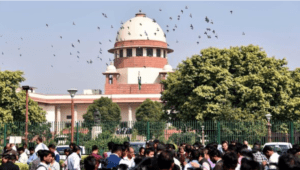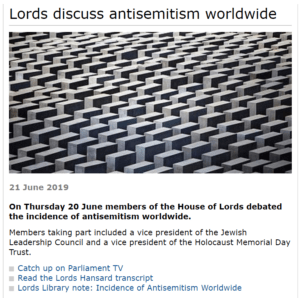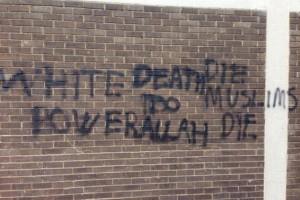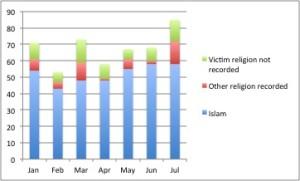 ‘Sikhs should be wary of Hinduism’s capacity to act like ‘the boa constrictor of the Indian forests’ in absorbing other faiths and beliefs.’
‘Sikhs should be wary of Hinduism’s capacity to act like ‘the boa constrictor of the Indian forests’ in absorbing other faiths and beliefs.’
Max Arthur Macauliffe
India’s boast of being a secular democracy exposed as hollow
On 10th November 2019 India’s Supreme court issued a seriously flawed and politically motivated judgment granting ownership of the disputed Ayodhya Babri Masjid site to the Hindu community.
In a lengthy, judgement, the court accepted that the demolition of the mosque in 1992 had been illegal, as was the surreptitious placing of Hindu idols in the mosque in 1949 claiming that they had ‘just miraculously appeared’ and were a proof that the mosque had been built on the site of the birthplace of the Hindu god Ram. Instead, the Supreme Court anxious to implicate Sikhs in their narrative, relied heavily on fake history of the Sikh Gurus, asserting that they were Hindus and pejoratively referring to Sikhism, the 5th largest world religion as a ‘cult’, it went on to conclude that the site should go to the Hindu community.
The timing
- The Supreme Court judgment was given on eve of the 550th anniversary of the birth of Guru Nanak and the opening of the Kartarpur Corridor from India to the Guru’s birthplace in Pakistan. The gurdwara at Katarpur Sahib and the surrounding area had been generously renovated by the Pakistan government.
- The growing friendship between Sikhs and Muslims was seen as a threat to the BJP’s avowed aim of turning India into a Hindu State, by absorption of Sikhs into Hinduism and subduing of other minorities. Mr Modi decided to use a compliant Supreme Court to try to create suspicion and distrust between Sikhs and Muslims while at the same time relegating members of Sikhs to the status of a Hindu ‘cult’.
Absurd and biased arguments used by the Supreme Court
Fake history
- False assertion that Guru Nanak and other Sikh Gurus made pilgrimages to Ayodhya because they were Hindus and it was an important Hindu holy site.
- God appeared to Guru Nanak and ordered him to go to Ayodhya.
Facts
- No historical evidence was produced to show the site was of historical importance to Hindus.
- Guru Nanak argued against the practice of going on pilgrimages.
- Guru Nanak rejected the Hindu faith and refused to wear the Hindu sacred thread. He also criticised central aspects of Hindu belief such as the caste system, idol worship, multiplicity of gods and goddesses. Guru Arjan wrote, ‘I am neither a Hindu, nor a Mussalman.’
- The idea of God appearing to people is contrary to Sikh teachings which state God has no physical form.
Concluding Note
In 1990 Advani, the then president of the BJP rode through India on a truck designed like a chariot to whip up support for the Babri masjid to be converted to a mandir (Hindu temple).
The latest shenanigans of the BJP and their use of the Supreme Court to further their determination to make India a Hindu state are being watched and condemned by a wider world.
We call upon all Sikhs and people of other faiths to condemn the BJP’s attack on religious freedom. In the spirit of Guru Nanak’s teachings, we pledge to oppose all forms of religious bigotry and work for tolerance and respect for people of all faiths and beliefs.


 Our Director Lord Singh of Wimbledon contributed to a debate on anti-Semitism secured by Baroness Berridge in the House of Lords this week.
Our Director Lord Singh of Wimbledon contributed to a debate on anti-Semitism secured by Baroness Berridge in the House of Lords this week.
